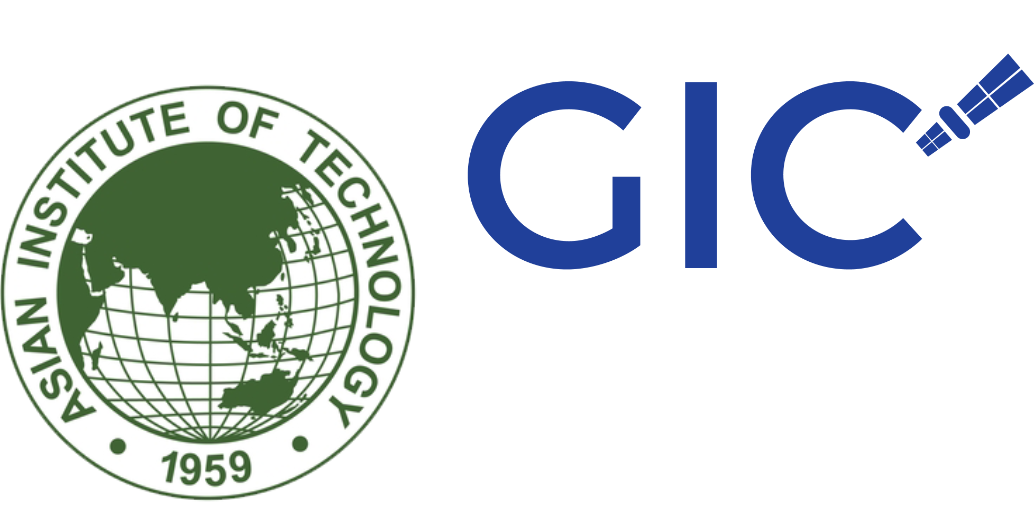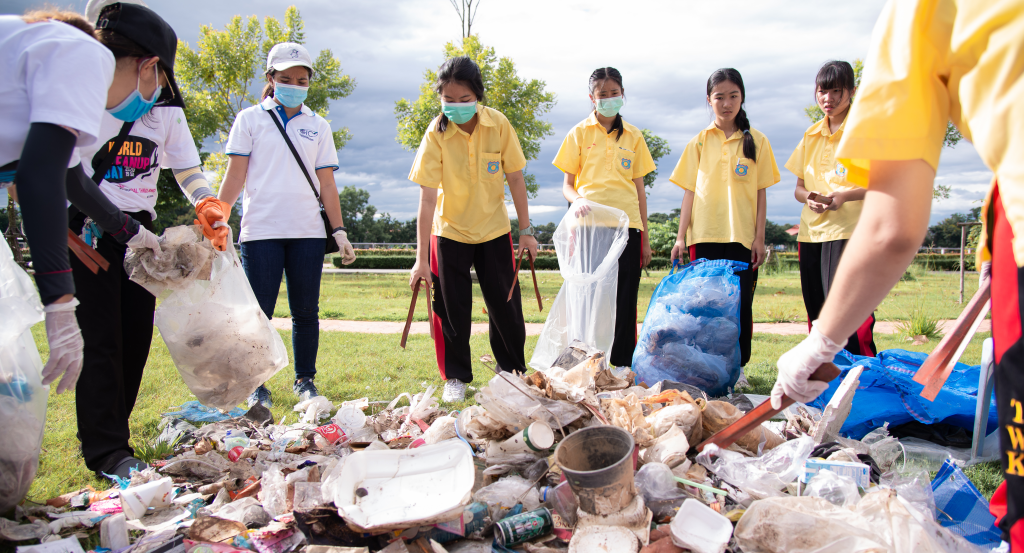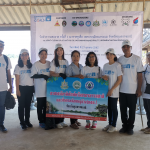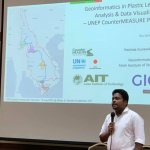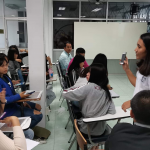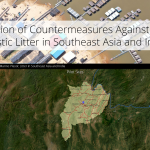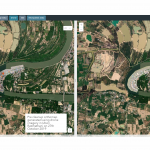Promotion of Countermeasures against Marine Plastic Litter in Southeast Asia and India (CounterMEASURE I)
The CounterMEASURE project aims to identify a region-based model for monitoring and assessment of plastic leakage and pollution reduction. The target is land-based plastic leakage entering water ways such as rivers and canals or drainages to the sea. This project, funded by the Ministry of Foreign Affairs (MOFA), the Government of Japan, is implemented by UN Environment Programme Regional Office for Asia and the Pacific (UNEP-ROAP).
We developed a methodology in construction of the model of assessment and monitoring of plastic leakage and pollution reduction, to identify plastic leakage density and its sources. We conducted the project in five pilot provinces/cities along the lower Mekong River Basin (Chiang Rai and Ubon Ratchathani in Thailand; Vientiane, Laos; Phnom Penh, Cambodia; and Cantho, Vietnam) and India (Allahabad, Agra, Haridwar, Mumbai) with multi-sources of geospatial data, including satellite imagery; maps for land use, infrastructure, population density, and plastic point source locations; hydrological information; drone imagery; and other open data (such as Booking.com). The analysis results are validated using illegal dump locations collected using a mobile application, which develop by the Center. The novelty of this proposed approach is in the application of GIS to produce a graphical model for plastic waste leakage density in a given region that can be easily visualized by non-technical personnel.
To efficiently sharing the analysis results (plastic leakage density and plastic leakage source) and collected data related to plastic hotspots and information, we developed CounterMEASURE GIS Visualization Platform, which used for the purpose of visualizing various input data, activities carried out during the project, and final results of the project. The platform serves as the hub, where all the activities carried out, data collected from local partners and final analysis results can be accessed by anyone around the world. Another major inclusion to this platform is the operational dashboard section allows the user to perform certain queries and analysis on their own to obtain useful information they seek. Furthermore, the users can also download certain data and results, which they think would be useful for their own further research or even future policy making.
Related Links:
